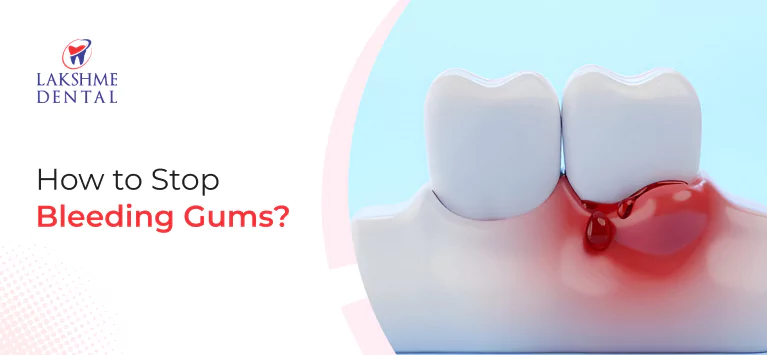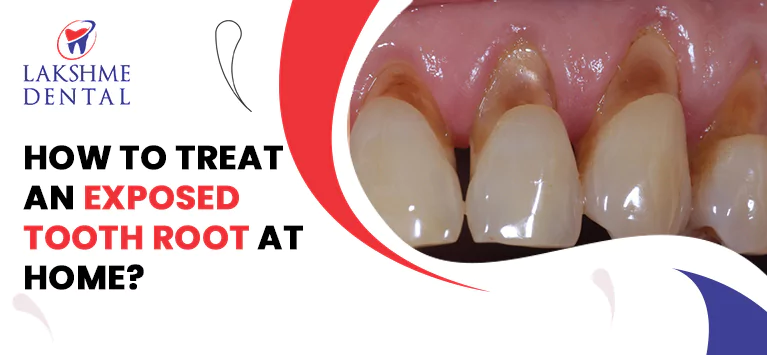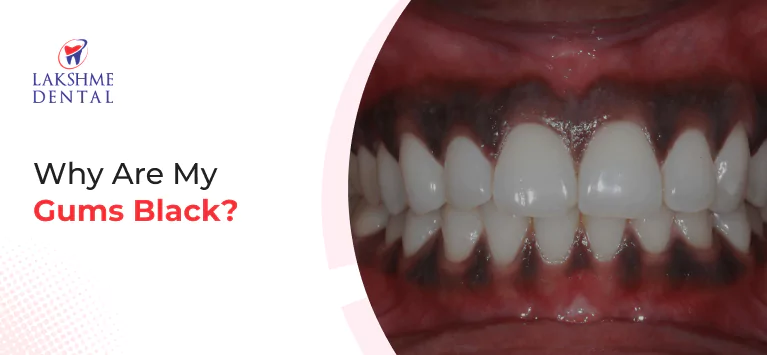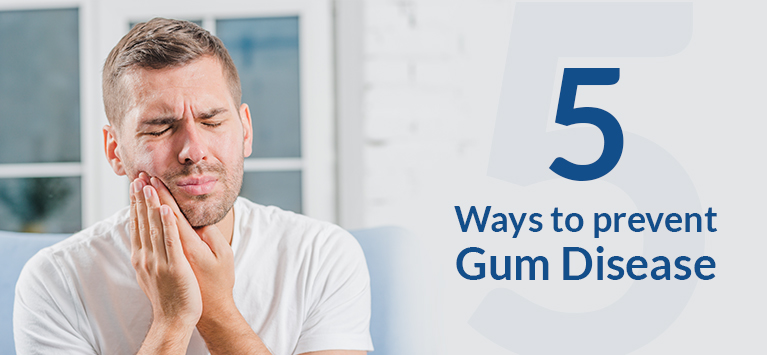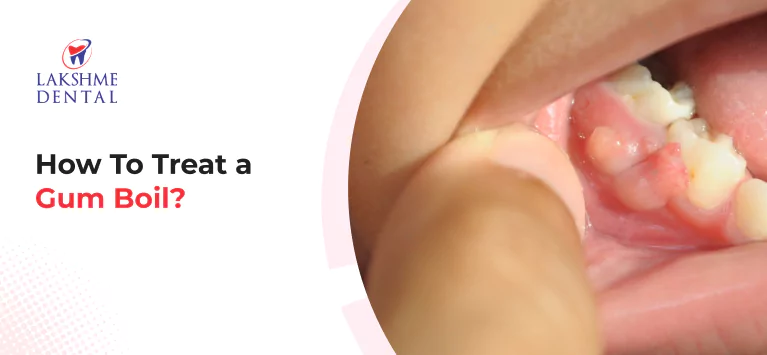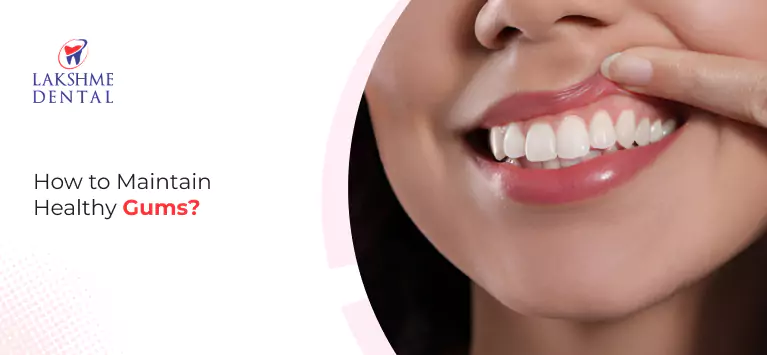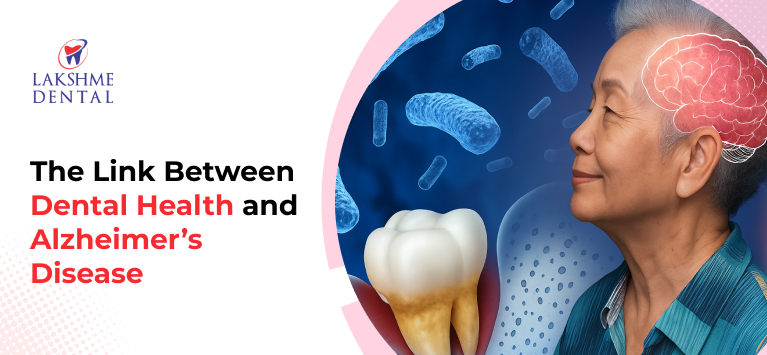
The Link Between Dental Health and Alzheimer’s Disease
Key Facts
- 47.2% of adults over 30 have some form of gum disease, a key contributor to systemic inflammation.
- P. gingivalis, a bacteria found in gum disease, was detected in 96% of Alzheimer’s brain samples in a Science Advances 2019 study.
- People with chronic periodontitis have a 1.7x higher risk of developing dementia.
- Inflammation markers elevated by poor oral health are also found in Alzheimer’s pathology.
- Gum disease can begin as early as age 35 and progress silently for years hence early detection is critical.
Your mouth could be a mirror of your mind.
Most of us brush our teeth to avoid cavities or bad breath. But what if your toothbrush could also protect your brain?
Emerging research suggests a compelling link between oral health, specifically gum disease and Alzheimer’s disease, the most common form of dementia. While brushing may not “cure” memory loss, it might reduce your risk.
We explore the science, the bacteria behind it, and what you can do to protect both your smile and your mind.
What is alzheimer’s disease?
Alzheimer’s is a degenerative brain condition that gradually impairs memory, thinking abilities, and, over time, makes it difficult to perform everyday activities.
It affects over 55 million people worldwide.
While age, genetics, and lifestyle factors are the foundational risks, researchers are now exploring how chronic inflammation especially from sources like poor oral health may influence brain aging.
Dental health and alzheimer’s link
Multiple studies now suggest that chronic gum disease might be more than a dental concern as it may influence your brain.
A 2019 study published in Science Advances discovered Porphyromonas gingivalis, a gum disease bacterium in the brain tissue of Alzheimer’s patients. Not only was the bacteria present, but researchers also found its toxic enzymes (gingipains), which are believed to trigger brain cell death and inflammation.
So how does this happen?
When gums are infected, bacteria can enter the bloodstream through everyday actions like brushing or chewing. Once in the blood, these pathogens can travel to distant organs which includes your brain.
Gum Disease and Brain Health
Gum disease (periodontitis) is a chronic infection that starts with plaque buildup and leads to gum inflammation. It can destroy the structures that support your teeth when left untreated.
What’s concerning is that gum disease often develops without pain, so people may not notice it until it becomes severe.
Symptoms to Watch:
- Bleeding gums when brushing or flossing
- Persistent bad breath
- Receding gums
- Loose teeth
Chronic gum inflammation activates your body’s immune response and this long-term inflammation may play a role in accelerating brain degeneration.
How poor oral hygiene may affect your brain?
Your mouth isn’t isolated from the rest of your body, it’s an integral part of your overall health. When bacteria and inflammation escape the mouth, they can affect other body systems, especially the brain.
The blood-brain barrier normally protects your brain from harmful substances. However, chronic inflammation can compromise this barrier, allowing harmful bacteria and toxins to enter the bloodstream.
Once inside, these invaders may contribute to:
- Neuron loss
- Amyloid plaque buildup
- Increased inflammation
All of which are characteristic signs of Alzheimer’s disease.
Who’s Most at Risk?
High-risk individuals include:
- Older adults
- People with diabetes or heart disease
- Smokers
- Individuals with poor oral hygiene or who skip regular dental check-ups
- Caregivers of elderly or cognitively impaired individuals
Elderly individuals with Alzheimer’s often have poor oral care due to cognitive decline, further fueling the cycle of inflammation.
Can dental care help prevent alzheimer’s?
While we can’t say that brushing will “prevent” Alzheimer’s, managing oral bacteria and gum health may lower your risk.
What research suggests:
- Regular dental cleanings reduce systemic inflammation.
- Controlling periodontal disease may slow cognitive decline in some people.
- Maintaining oral health may indirectly support better overall brain health.
7 daily oral habits that support brain health
Good dental hygiene isn’t complicated, but consistency is key.
Daily habits to adopt:
- Brush twice a day using a fluoride toothpaste.
- Floss daily to remove hidden plaque.
- Clean your tongue to reduce bacterial load.
- Use an antimicrobial mouthwash (consult your dentist).
- Limit sugary foods and drinks.
- Stay hydrated to keep your mouth naturally flushed.
- Visit your dentist at least twice a year or more often if you’re at risk.
How dentists can help detect early issues?
Dentists are often the first to spot signs of systemic inflammation even before you feel symptoms.
If any signs of cognitive issues are present, your doctor might recommend seeing a specialist to ensure you receive timely and accurate evaluation and care.
Holistic care is on the rise. More dentists are collaborating with physicians and neurologists to address the broader impact of oral infections.
Final Thoughts
We often separate dental and mental health, but science shows they are deeply connected. Gum disease may do more than make you lose teeth, it may impact how your brain functions over time.
Fortunately, maintaining oral hygiene is one of the easiest lifestyle changes you can make for long-term brain health.
Your mouth truly is a mirror to your overall well-being. Protect it and your brain will thank you.
Frequently Asked Questions
It may not prevent it entirely, but brushing and flossing help reduce inflammation and bacteria that are linked to higher Alzheimer’s risk.
Yes, especially those over 65. It often goes unnoticed and untreated, making regular dental check-ups essential.

